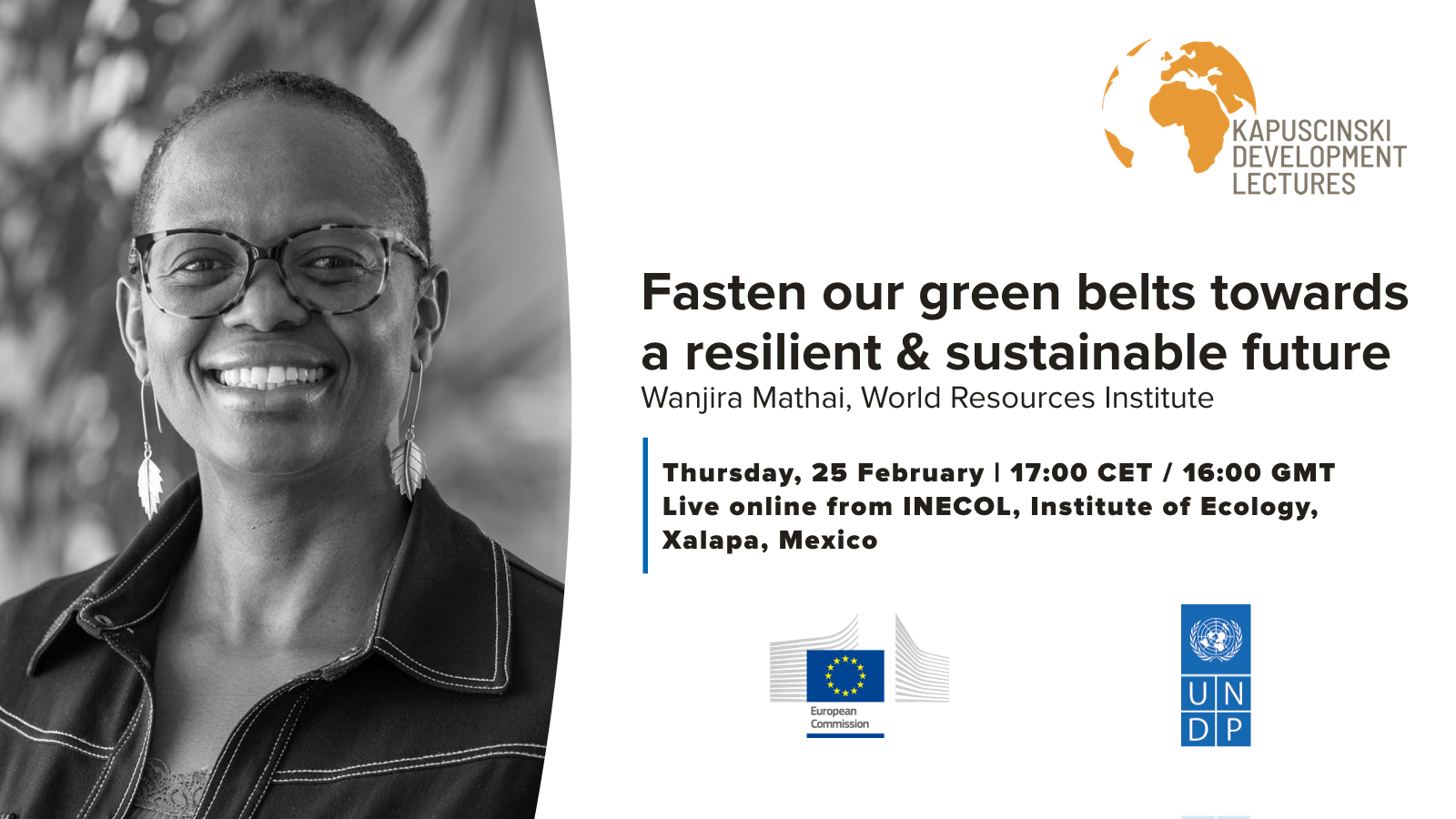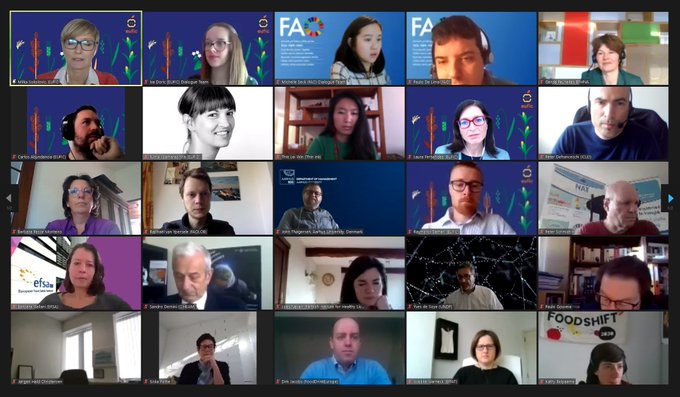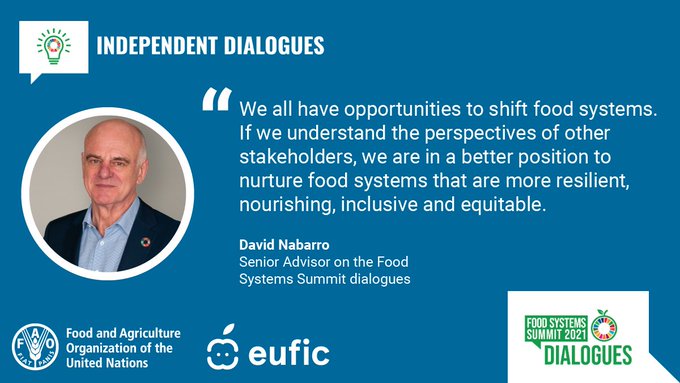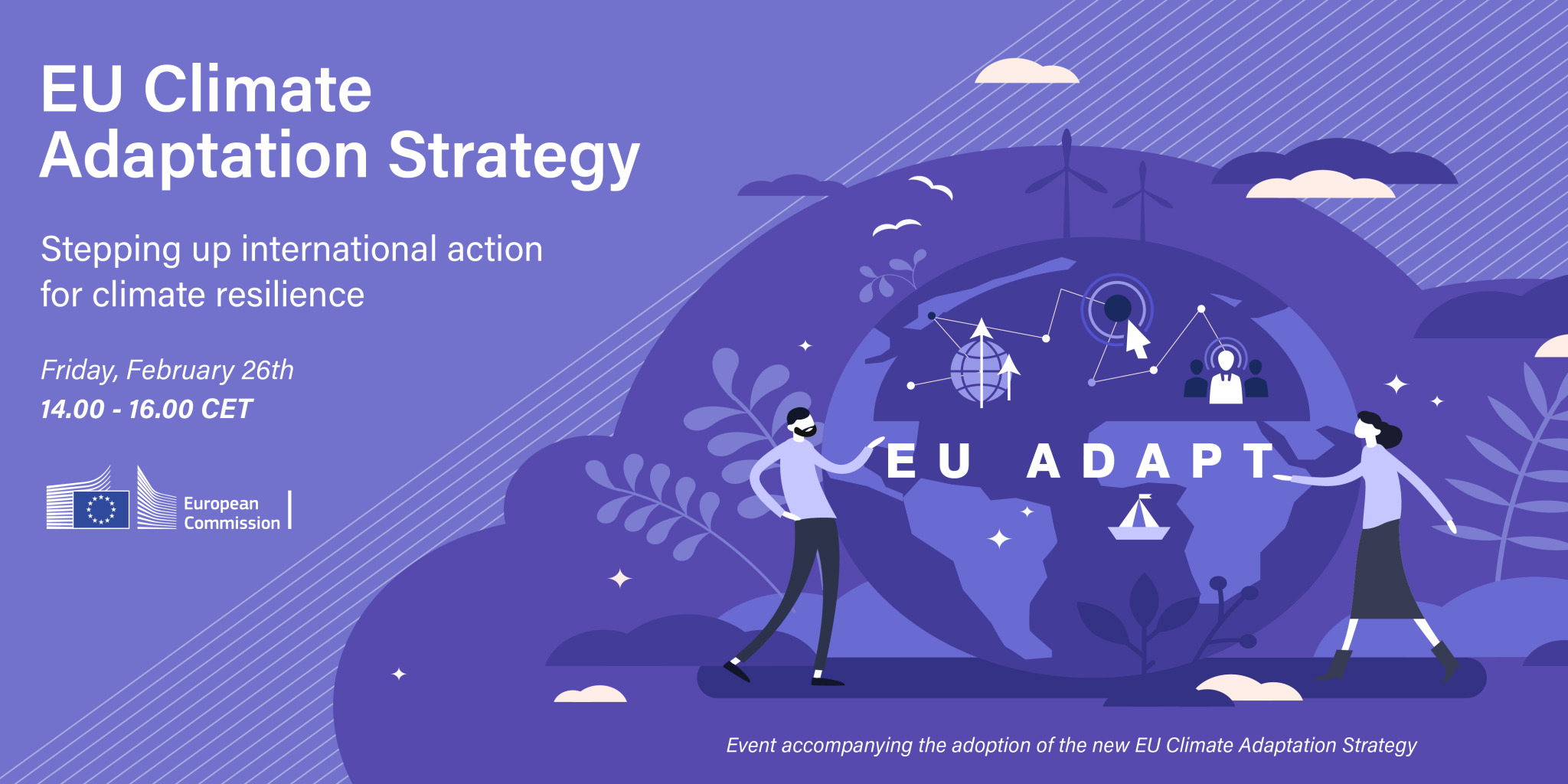ECDPM (2021)
Political economy analysis of the Ethiopian food system - Key political economy factors and promising value chains to improve food system sustainability. Sean Woolfrey, Paulina Bizzotto Molina and Martin Ronceray, FAO study, February 2021. 65 p.
The study analyses the Ethiopian food system, identifying and explaining notable
trends, important socio-economic, food security and nutrition and environmental outcomes
generated by the food system, as well as the structural factors, institutions and actors that
shape food system outcomes in Ethiopia.
These outcomes reflect a number of sustainability
challenges hampering the food system and its contribution to sustainable development in
Ethiopia, including increasing land pressures, high levels of rural poverty, growing youth
under-employment, gender inequality, persistent food insecurity and malnutrition, reduced
biodiversity and the loss of ecosystem services, especially due to land degradation and
deforestation, and weak resilience to climate change.
Based on this analysis and on recent
efforts to prioritise specific agri-food value chains in Ethiopia for focusing policy interventions
and public and private investment, the study then identifies dairy, fruit and vegetable and
pulses value chains as particularly promising ones on which to focus interventions to facilitate
investment to achieve a sustainable impact.
Extracts
The role of large commercial farms in the Ethiopian
food system remains relatively modest. Jobs generated by large commercial farms have been associated
with low pay, stressful working conditions with minimal safety regulations, and lack of job security. Some regional endowment funds, presumably under the control of regional elites, are involved
in food commodity exports and/or food processing. Other private actors such as foreign investors and the
companies of Ethiopian-Saudi billionaire Al-Amoudi invested in large tracts of agricultural land alongside
processing facilities. (page 34)
A large share of Ethiopia’s official development assistance targets food security
and the agri-food sector. A coordination platform on agriculture, the Rural and Economic Development
and Food Security (REDFS) Working Group, is co-chaired by development partners and government
representatives, and meets regularly. It established a Multi-Donor Trust Fund in 2008. One of the main
multi-donor comprehensive programmes is the Agricultural Growth Programme (AGP), which provides
support for agricultural production and commercialisation in the Amhara, Oromia, SNNP and Tigray
regions. Some observers worry that donor-funded value chain initiatives in Ethiopia do not do enough to
strengthen local support and innovation systems and that simple metrics of impact lead
to losing sight of complex dynamics on the ground. Several development partners support the
agricultural commercial clusters or work in partnership with the Agricultural Transformation Agency (ATA). (page 36)
The European Union’s development cooperation with
Ethiopia is one of the largest in Africa and in the world – amounting to EUR 815 million for the period
2014-2020 – and targets food security and agriculture, health, and governance. In recent years, the EU has
increased the focus in areas relating to job creation, industrial and agro-industrial parks, export and trade
promotion and private sector development. (page 37)
The livestock sector, and the dairy value chain in particular, contributes both positively and
negatively to a number of important sustainability objectives. From the point of view of food and
nutrition security, animal-sourced foods play a key role in healthy diets.(...) The environmental pressure of livestock rearing, especially in the densely populated highlands,
is leading to overgrazing, conversion of land for grazing and land degradation. (page 44)
Some of the efforts to remedy the challenges in fruit and vegetable value chains include
initiatives to increase the affordable and timely access to a diversity of seeds. The Integrated Seed
Sector Development Programme, for example, aims to improve the access to and use of quality
seed by small-scale farmers of not only hybrid but also farmer-preferred varieties, promoting a
diversity of seed systems in terms of formality. (page 49)
Especially in the tomato value
chain, pesticide residues and water resource mismanagement are problematic. Investments can
build on the potential of increased awareness and the visibility of food safety on the demand-side
of the value chain. (page 51)
Ethiopia is one of the top five
exporters of fava beans and one of the top ten exporters of chickpeas, common beans and field
peas (ibid.). Major markets for Ethiopia’s pulses exports include Pakistan, Vietnam, Indonesia,
the United Arab Emirates (UAE) and its neighbors, Kenya and Sudan. Ethiopia’s pulses exports
have grown significantly in value, from USD 22 million in 2001 to USD 241 million in 2017, and
represent the country’s third biggest source of foreign exchange after coffee and oilseeds. (...) Particularly promising pulses include
haricot beans (including both white pea beans and red kidney beans), chickpeas and mung beans. (page 52)
Pulses value chains in Ethiopia are subject to a number of challenges. Limited use
of inputs such as chemical fertilisers, organic inputs (e.g. rhizobium inoculants), high-yielding
seeds and agricultural technologies, coupled with limited knowledge and use of modern
agronomic practices and soil amendment practices, and poor extension services, lead to low onfarm productivity, low quality products and inconsistent supply. (page 54)
CDAIS in Northern Ethiopia, offers a good examples of how to work with farmers
and cooperative unions to better cluster producers, including women farmers, and to link them to
buyers. (page 55)
 Background:
Background:The need to transform agri-food systems is broadly recognised around the world, but much more needs to happen. In developing countries, and particularly in Africa, many farmers, processors and other actors struggle to access the financial resources needed to invest in more sustainable and resilient practices to improve their agri-food systems.
This lack of financial access is why ECDPM is collaborating with the Food and Agriculture Organization of the United Nations (FAO), to implement the
‘AgrInvest’ project on enabling inclusive and efficient private sector investment in agri-food systems, which is supported by the Government of Italy.
Through this project, ECDPM will work with local governments, farmers, financial intermediaries and others engaged in food systems in four African countries –
Burkina Faso, Ethiopia, Kenya and Niger – to develop approaches for unlocking private investment for more sustainable agri-food practices such as more diversified production, better management, and less loss and waste in the supply chains.
By promoting investment for more sustainable and resilient agri-food systems, the project seeks to contribute to sustainable economic growth, reduced food insecurity and increased rural employment and incomes, particularly for women and youth.
In addition, ECDPM will develop, together with local agri-food system actors, approaches to promote investments in agri-food systems that are in line with the SDGs and that can be applied in other contexts. We will also ensure that the lessons we learn feed into national strategies and regional and global processes to promote sustainable agri-food systems, including the upcoming
UN Food Systems Summit.
For more information on Agrinvest, download the flyer in
English and
French.
You can also visit
FAO’s website dedicated to the AgrInvest project to access further information and material.
Other publication:
 Presentation Alfredo Echeverria - Webinar 24.02.2021.pdf
Presentation Alfredo Echeverria - Webinar 24.02.2021.pdf Presentation Boitumelo Stokie Motswagole - Webinar 24.02.2021.pdf
Presentation Boitumelo Stokie Motswagole - Webinar 24.02.2021.pdf Presentation Patrizia Fracassi - Webinar 24.02.2021.pdf
Presentation Patrizia Fracassi - Webinar 24.02.2021.pdf















